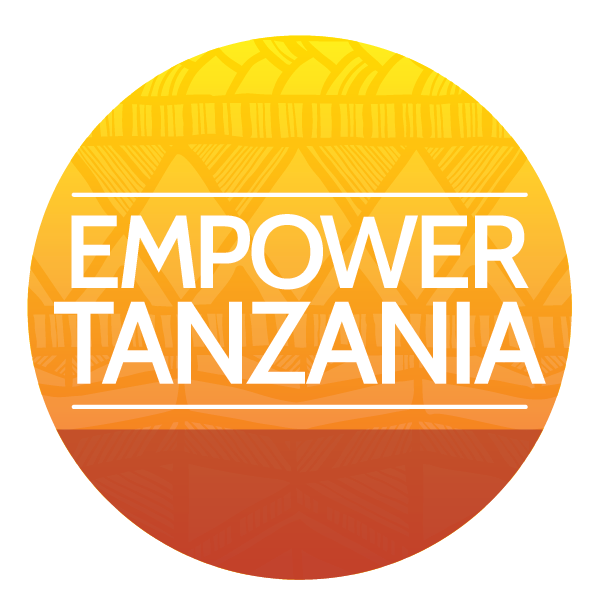Ten Things to Know About CHAP (Part II)
This blog post is part of a series that will take a closer look at our Community-Hospital Alliance Program (CHAP). In case you missed Part I, click here to learn the first five key points about this life-changing program.
Women want to know. At the conclusion of the initial CHAP training in 2014, our Community Health Workers (CHWs) returned to their villages with vitals measurement equipment, wound care supplies, and a flip chart to educate their fellow villagers on safe water practices and malaria prevention. But they wanted more. These women got a taste of how health education can change the lives of their families and they craved more knowledge. Our CHWs also requested that men be included to complement and reinforce their efforts to provide health education, basic healthcare services, and early recognition and referral of life-threatening health issues—a hope shared by the Empower Tanzania organizers.
Time and again, our CHWs have proven themselves. Since they were trained in 2014, the CHWs encountered some initial resistance from community members who questioned their skill level and role. However, trust has been rapidly established through the commitment of the CHWs and the performance of their work. Serious illnesses have been recognized early and appropriately referred, linkages with healthcare facilities and staff have been established, injury triage and emergency treatment performed, and public health education efforts begun.
When working in a culture steeped in gender inequality, challenges arise. The CHWs visited patients as far as an eight-hour walk from their homes and made personal sacrifices to provide health care for others. In doing so, some husbands grumbled about the late meals and home maintenance deficiencies resulting from the new activities of their wives. Other program challenges included limited teaching of important public health topics due to the lack of scope from the flip charts they were using. The CHWs also could not accomplish some of their goals, such as latrine building, since this is considered men’s work. They experienced difficulty in engaging men in some important issues such as family planning, female genital mutilation, and gender-based violence.
Obstacles can be overcome with careful consideration and action. At the end of their initial training, CHWs asked for another training after one year of service and we agreed. They also asked for a training program for men that would focus on gender-based violence and building/using latrines. We agreed, even though we knew that there would be obstacles. First, we needed additional funds for this specific purpose. The bigger problem was to design and conduct these programs for men while respecting the Maasai culture, which is male-dominated and has clear gender roles. Men make all the important decisions and take care of the cattle (which is the source of their wealth). Women fetch water (sometimes at great distances), fetch firewood (again, having to spend much time to do so), cook all the meals, take care of the children, tend to the garden, and work in the fields. Women and children are given the poorest cuts of meat and they never eat with men. Women are poorly educated or not educated at all. They must defer to men and polygamy is commonly practiced. We spent much time considering these cultural differences and planning accordingly.
CHAP provides basic healthcare…and empowerment. Our staff realized that just giving these CHWs training and education would tend to empower them. Couple this with the small stipend they receive ($18/month) and the health equipment they are trained to use (stethoscope, blood pressure cuff, thermometer, and watch), we knew we were creating potential problems. In addition, these women were working closely with white people (“Wazungu”), which further increased their status. However, we deliberately chose women for this project for two reasons. First, Empower Tanzania’s name means that we stand for empowering people—in this case women. Secondly, women are the caregivers in Maasai society (and in Tanzanian society in general). Our CHWs provide services and health education programs to the women in their villages who will apply these ideas for a healthier life for everyone.
Empower Tanzania is not simply providing a bandage and then heading home. Rather, through CHAP and programs like it, we are educating rural Maasai women so that they can care for the people of their community with the skill and knowledge that is theirs forever. CHAP provides EDUCATION and EMPOWERMENT. Stay tuned! Next we’ll highlight the way in which CHAP participants have overcome challenges, exhibited competency, and received further training…




